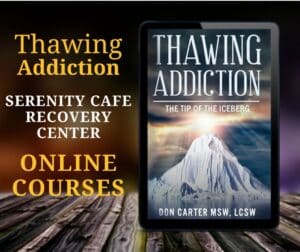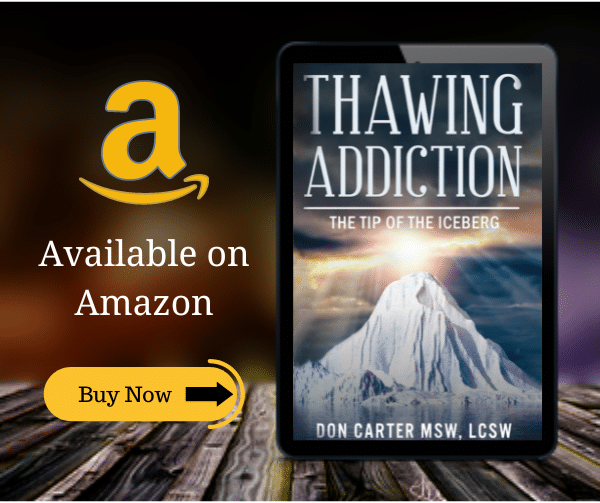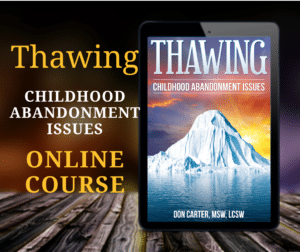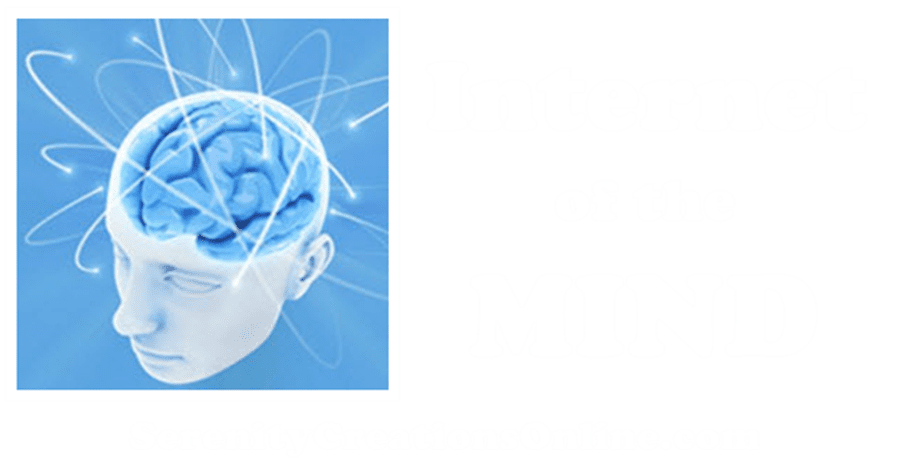
Alcoholism Treatment and Recovery
Good addiction and alcoholism treatment must take into account the stages of addiction, recovery, & the process of relapse. The chart below lays out the three critical processes everyone who wants to recover from addiction needs to know.
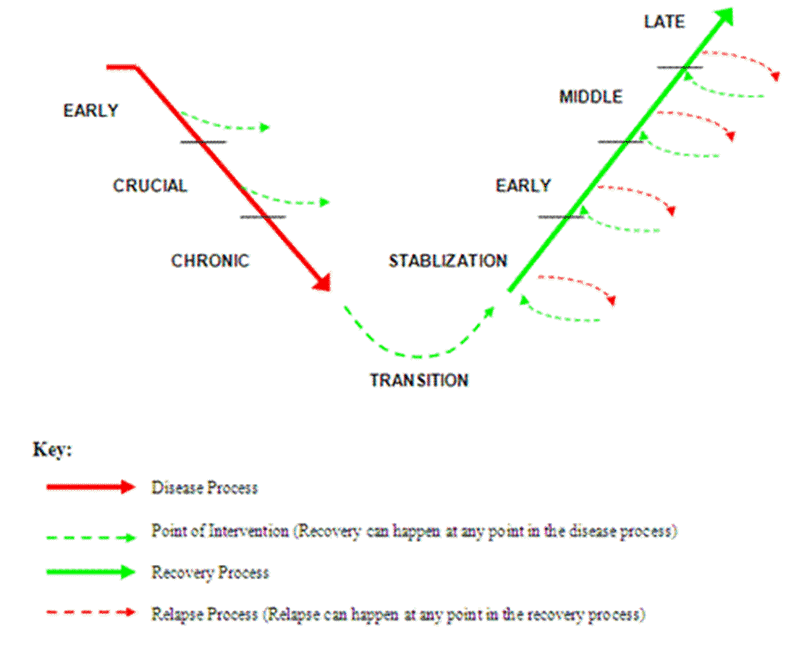
The Disease Process
A process has a beginning, middle, and a late-stage — Addiction is a biological, psychological, emotional, social, and spiritual Disease Process that progresses through predictable stages & symptoms (marked in RED on the chart above).
Transition and Stabilization
Between the disease process and recovery process are the stages of alcoholism treatment referred to as “transition and stabilization” which were first identified by Terrence Gorski. These are the tenuous stages where the alcoholic/addict has hit bottom and is involved in creating the neural networks needed for recovery to take root. Many times inpatient addiction or alcoholism treatment is necessary simply for the need to establish a whole set of new behaviors – i.e. new neural networks – as quickly as possible. This is to give the alcoholic every chance in the world of making the transition to recovery.
There is a common misconception that treatment will end with a complete remission from addiction. Transitioning out of addiction into early recovery is usually a period of crisis that takes about 6 to 8 weeks… Stabilization can take another three months. Treatment is for transition and stabilization ONLY – What the person does…or does NOT do… after treatment will make all the difference in the world.
Alcoholism Treatment and the Recovery Process
Recovery and healing from addiction must also be on the biological, psychological, emotional, social and spiritual levels. The Recovery Process also has an early, middle and late stage as (marked in GREEN on the chart above.)
Do not be mislead about this – The Recovery Process officially begins after treatment when the newly recovering person becomes responsible for doing the things necessary to support their own recovery. They must grow new networks consisting of both internal neural networks AND external social networks of other recovered people — Recovery from alcoholism and other addictions does not take place in a vacuum.
Read Zebras & Giraffes for an example of what to expect after alcoholism treatment. This is when the “rubber meets the road” for someone who is just getting out of treatment. Many of the alcoholism symptoms remain for a time early in recovery even though the drinking or drugging has stopped.
Alcoholism Treatment and the Relapse Process
The Relapse Process is a transitional process that ends with a drink. Relapse (marked in RED DOTTED LINES on the chart above) is also a hallmark of the disease process because it happens frequently. Relapse has warning signs, such as post-acute withdrawal syndrome (PAW), and can be prevented if one has created and follows a relapse prevention plan.
When an alcoholic takes his/her first drink after a period of recovery the relapse process is over – the Disease Process is back in full swing… In other words, the circuit board is powered back on and the alcoholism network is fully operational. Since relapse is also a process, it can be managed before the person completes the relapse cycle – if the relapse warning signs are noticed AND the appropriate steps are taken. We need to establish and grow a good relapse prevention network as part of our recovery process.
Click the Button below to sign up for our secure client portal where you can arrange a 20-minute FREE consultation.
